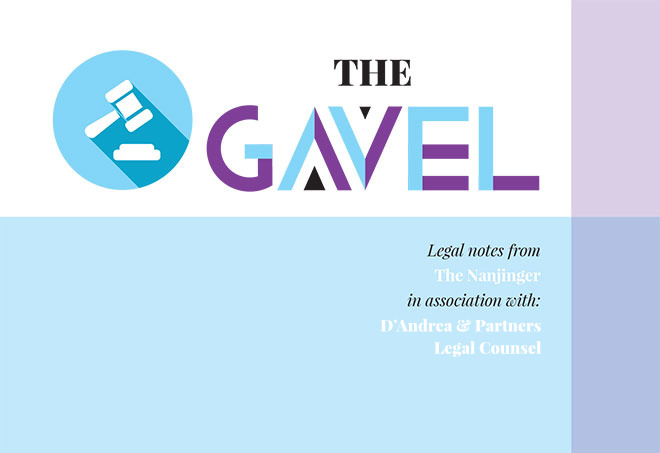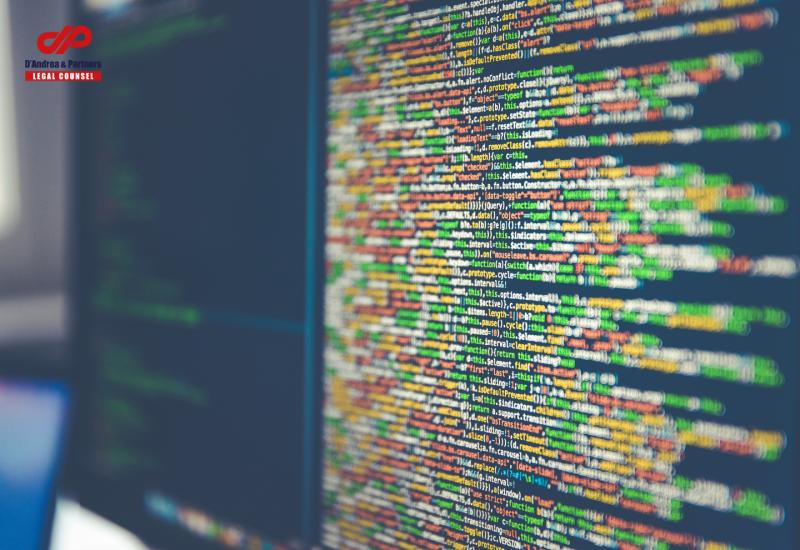While every single last human thinks, acts and behaves differently, their needs and interests are all different from one another, but ironically, they are still referred to as the “Common Man” or “The Masses”.
In any society that is based on a democratic principle, the Masses enjoy certain rights and privileges, along with the obligations that are entrusted upon the common people. With these societies equipped with powerful techniques of distribution, the participation of the masses in cultural life and the expansion of work adapted to the needs of this new and vast common people have become imperative in today’s time. At every stage of economic development, an industrial and democratic society seeks validation from its masses.
Origin of Mass Culture
“Mass culture”, is referred to as a culture that has been germinated from the centralised production processes of the mass media. This culture emerged from Germany and became very popular from the late 19th century as part of its modern, industrialised society. After 1918, technological innovation, together with the expansion of leisure time, growth of new and existing audiences, and new regulatory frameworks, led to an expansion and diversification of mass culture. It was also during this time that the mass media gained recognition as a significant culture force in democratic societies.
Effects of Mass Culture
During the early 19th century, there was a rapid increase in the production and consumption of social media, exposure to radio, television, news, campaigns, movies and theatre all had a major impact of the birth of the mass culture. The common man started associating itself with the exposure provided by mass media and started identifying itself with it. This had a tremendous effect on the masses’ forming of popular opinions and interests, and sparking the creation of celebrities who weren’t just politicians or generals but movie actors and singers instead. The creation of mass culture also dealt with peoples becoming consumerist societies and the effects of mass manufacturing, as well as the consumption of products.
Laws & Mass Culture
Most problems of societies are addressed in the laws enacted. Legal systems are a part of political, social and economical development, and areas of cultural expansion. No major social change occurs or is put into effect in a society which is not reflected in some kind of change in its laws. Legal institutions are responsible to social change, moreover they have a definite role as an instrument that sets off, monitors or otherwise regulates the fact or pace of social change.
While legislators make laws and the courts enforce them, it is the citizens who actually shape the law. Law is created by the masses, it is the judgement and the opinion of the common people that decides the law. Legislators merely put the opinion of the common people into words enacted into law as it is called today. In today’s time, common society believes that laws requiring unjust enrichment and discrimination of its people which are unaccepted by the masses are eventually required to be overturn by the Court.
Most laws enacted are laws that take the customary practice of the masses into consideration. For example, in the early modern period, the “Introduction to Dutch Jurisprudence” synthesised Roman law and Dutch customary law into a cohesive, complete and whole law, on account of the desire to systematise scattered, disparate legal provisions and local customary laws and bring them into harmony with rational principles of civil law and natural law.
The masses form society and are instrumental in any change affecting it. Exposure to mass media creates a mass culture. However, it is imperative that the mass culture is lead in the right directions for the uplifting of that society.







